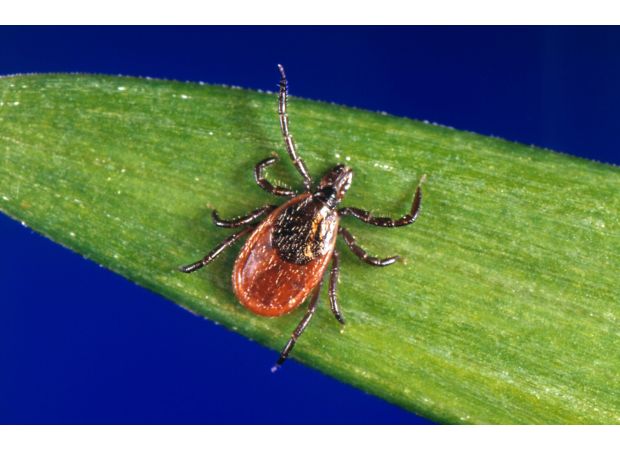Boulder County has confirmed the first human case of a rare insect-borne illness in 2024.
Boulder Co. health officials warn of tularemia spread by insect bites, especially ticks and deer flies.

The recent news from Boulder County officials is that they have confirmed the first case of tularemia this year. This rare, insect-borne disease has been identified in a county resident who began experiencing symptoms on October 2nd. According to a news release, the individual initially had a fever, but it quickly progressed to a more serious condition with altered mental state and fluid in the lungs. The county officials also noted that the person was diagnosed with pneumonic tularemia, which is a respiratory form of the disease that is rarely seen.
Carly Wilson, a specialist from Boulder County Public Health, emphasized the importance of taking precautions around wild animals to avoid contact with this disease. She also advised anyone who develops a fever and knows that tularemia has been found in their area, or suspects exposure, to inform their healthcare provider. The county health officials stated that tularemia can be transmitted through bites from infected insects, particularly ticks and deer flies, as well as through contact with infected animal tissue.
It was also noted that the bacteria can be carried by larger animals such as rabbits and outdoor pets, and can even be inhaled if infected animal particles become airborne. The symptoms of tularemia vary, but typically include fever, chills, swollen lymph nodes, and respiratory issues similar to a cold or the flu. The infected resident in Boulder County reported having contact with a cat and dog during their exposure period, but neither animal has shown signs of the disease. However, it is still possible that the infection came from an insect bite.
To ensure the safety of residents, the public health officials have recommended several measures. These include avoiding areas frequented by wild rabbits and rodents, using insect repellent with DEET when entering these areas, preventing pets from hunting or consuming wild animals, and avoiding contact with wild rabbits and rodents. It is also important to not touch sick or dead animals with bare hands, and instead use a long-handled shovel and garbage bag to dispose of them. Additionally, people are advised to avoid untreated water from streams or lakes, refrain from mowing over animal carcasses, and seek medical care if experiencing symptoms of tularemia.
In an effort to keep people informed about health news, we encourage you to sign up for our weekly newsletter, where you can get the latest updates straight to your inbox. Let's all work together to stay safe and healthy!
30 Views






